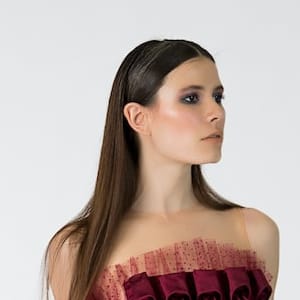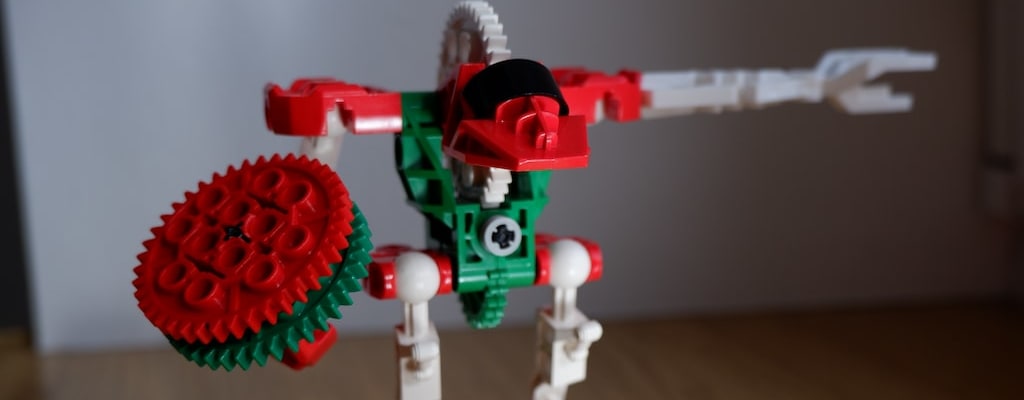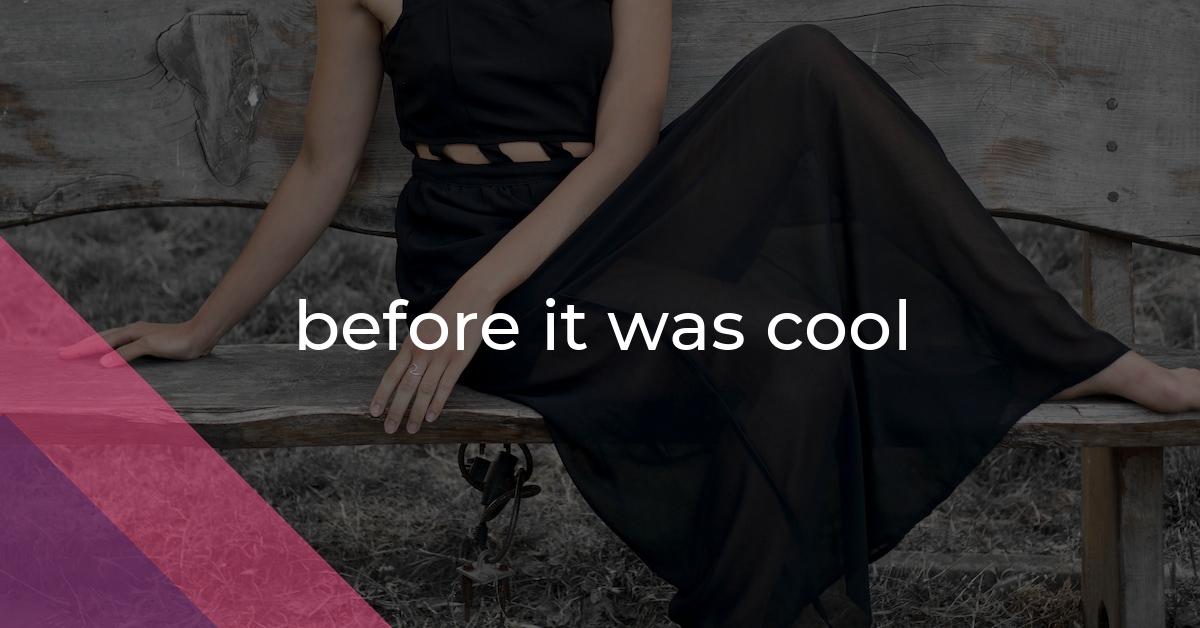before it was cool: Idiom Meaning and Origin
What does ‘before it was cool’ mean?
"Before it was cool" is an idiom used to express having done something or liked something before it became popular or trendy.

Idiom Explorer
The idiom "hot stuff" is used to describe someone or something that is outstanding, remarkable, or highly skilled.
The idiom "have seen one's day" means that something or someone used to be great or important in the past, but is no longer relevant or valuable in the present.
The idiom "good old days" refers to a nostalgic longing for a past period of time that is remembered as better or more enjoyable than the present.
The idiom "days of yore" refers to a past time, often with nostalgia, when things were different or better. It is used to evoke memories or romanticize a bygone era.
The idiom "cutting edge" refers to being at the forefront of innovation or advancement in a particular field or industry.
The idiom "cool one's heels" means to wait or be kept waiting, usually in a state of impatience or frustration.
An idiom used to describe something ordinary, typical, or unremarkable.
The idiom "come first" means to be the top priority or receive the highest level of importance in a particular situation.
The idiom "calm before the storm" refers to a period of apparent peace and tranquility that precedes a sudden and turbulent event or situation.
The idiom "behind the times" means to be outdated or not keeping up with current trends or technology.
The Early Trendsetters
The idiom "before it was cool" has an interesting and nuanced meaning that has become popular in modern culture. It refers to a time when something was not widely appreciated or recognized, but later gained popularity and became trendy. The origin of this idiom can be traced back to the 1960s, although its usage has become more prominent in recent years.
One of the key aspects of this idiom is the concept of trendsetting. It suggests that individuals who were engaged or involved in something before it gained mainstream attention were "in the know" before the trend became popular. This can apply to various aspects of culture, such as music, fashion, or social movements. The idiom implies a certain level of exclusivity or a sense of superiority for those who were ahead of the curve.
While the idiom itself may seem simple, it holds a deeper meaning. It signifies not only being ahead of one's time but also the complex nature of cultural shifts. It explores the dynamics of popularity and how something that was once disregarded or considered niche can suddenly become widely accepted and celebrated.
Additionally, the idiom "before it was cool" highlights the fickleness of trends and the cyclical nature of popular culture. It suggests that what is currently trendy or cool may eventually fade away, only to be replaced by something else. This concept reflects the ever-changing nature of society, where new trends emerge and old ones lose their appeal.
Related to the idiom "before it was cool" are the idioms "before someone's time" and "good old days". Both idioms make reference to a time period that preceded the current one. "Before someone's time" is used to describe something that happened or existed before a person's birth or when they were too young to remember.
The idiom "before someone's time" can be applied to cultural references or historical events that occurred prior to an individual's existence. It implies a sense of nostalgia or longing for a period that the person did not directly experience. It carries a similar connotation of exclusivity or having a connection to something that others may not have access to. It suggests a certain level of cultural knowledge and appreciation for the past.
"Good old days" is another related idiom that evokes a sense of nostalgia for a time that is perceived as better or more enjoyable. It speaks to a longing for a previous era or a simpler time. This idiom often carries a positive connotation of reminiscing about fond memories or experiences from the past.
Both "before someone's time" and "good old days" share a connection to the idiom "before it was cool" in their emphasis on a time period that came before the present. They evoke a sense of longing for the past or a desire to be part of a time that is no longer accessible. These idioms highlight the human fascination with history and our collective desire to be a part of something larger than ourselves.
Despite its widespread usage, the idiom "before it was cool" also invites reflection on the implications of chasing trends. It questions the authenticity and originality of individuals who jump on the bandwagon once something becomes popular. It prompts us to consider whether true appreciation lies in discovering or following trends.
The idiom "before it was cool" holds a multifaceted meaning that delves into the intricacies of culture, trendsetting, and the nature of popularity. It emphasizes the exclusivity and sense of superiority associated with being ahead of the curve, but also raises questions about the authenticity of trends and the cyclical nature of popular culture.
Example usage
Examples of how the idiom "before it was cool" can be used in a sentence:
- She started listening to that band years ago, before they were cool.
- I've been wearing bell-bottoms since high school, long before they became cool again.
- He was using that social media platform before it was cool.
More "Trends" idioms
We missed the mark - nothing found.



